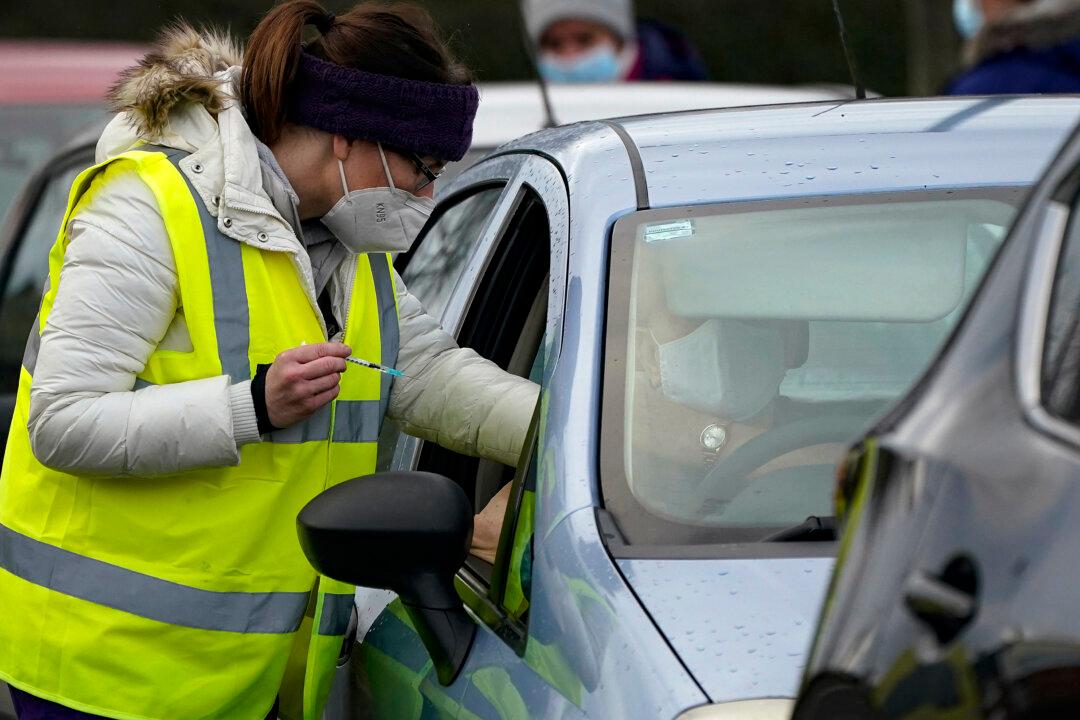The South African variant of the CCP virus is more resistant to antibodies than the old variant and may reduce the effectiveness of vaccines, British medical experts have warned.
The UK has now identified 105 cases of this variant, 11 of which do not appear to have any links to international travel, Health Secretary Matt Hancock said on Monday.





